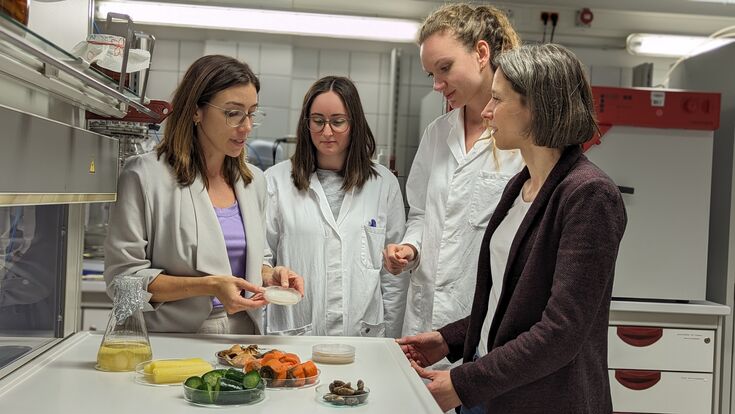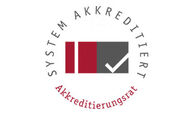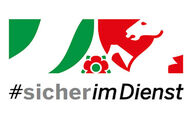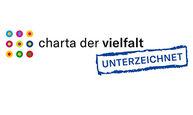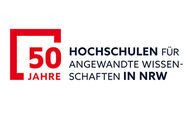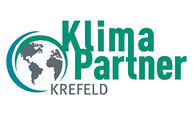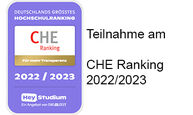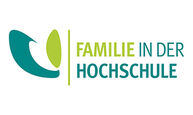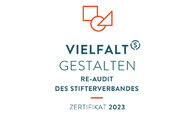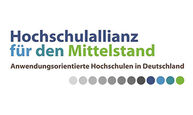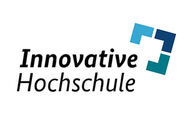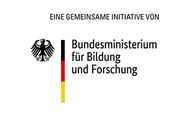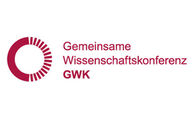Thanks to their special properties, fungi are considered destructive in an ecological sense: they decompose biomass with their digestive enzymes. For example, they break down wood, dried leaves, fruit, but also horn and fats. The Hochschule Niederrhein (HSNR) is now researching what happens when edible fungi are cultivated on food waste - and how they can ultimately be used to produce completely new products for the food, textile, agricultural or pharmaceutical sectors.
To this end, students, staff and professors from the Faculties of Food and Nutrition Sciences and Chemistry are working on the "BasiCALT" (short for "Basidiomycetes for a Circular Economy in the Agricultural, Food and Textile Sector") funding project, which will run for three years at the HSNR's Competence Centre for Applied Mycology and Environmental Studies (KAMU).
The research team led by project manager Prof. Dr. Miriam Sari wants to find out whether fruit and vegetable residues (side streams such as carrot ends, potato peelings, onion residues or stalks of all kinds) are suitable for cultivating edible mushrooms.
The biogenic side streams that arise in food processing and are made available for the planned series of experiments by regional cooperation partners are further processed and refined with the help of edible fungi in such a way that substrates for new products can be produced from them - whether for new foods, alternative textile fibers such as vegan leather or for food supplements in the pharmaceutical sector. Unlike molds, edible fungi are still relatively under-researched in this context.
"Of course, there are already functioning cycles in which food waste finds a new use and is used as animal feed, for example, or ends up in biogas plants. However, we want to take this further and create new value chains: Useful things for people can be created from the side streams," emphasizes the professor of food biotechnology and product development.
For the ideal substrate, cultivation experiments with selected side streams and edible mushrooms are being carried out at KAMU in the Faculty of Food and Nutrition Sciences - initially on a laboratory scale. The side streams are precisely combined with industrially cultivable mushroom species such as herb or oyster mushrooms, shiitake or enoki.
In addition to classic agricultural experiments, the mycelia (fungal hyphae) of edible mushrooms are also cultivated in a reactor system. To this end, the HSNR is using the funding to purchase its own special fermentation plant, which will be used by the Faculty of Chemistry. The food residues are biotechnologically converted with the help of the fungal cultures to produce valuable substances such as enzymes, aromas or colorants. The individual branches of industry can in turn use these to create their own products - and open up new business models.
The Federal Ministry of Education and Research is investing 755,000 euros in the BasiCALT funding project, with almost 674,000 euros going to The Hochschule Niederrhein as project leader. The remainder will go to RWTH Aachen University. The ITA institute there is investigating whether biomass contains substances that can be used in the textile industry.
The Hochschule Niederrhein is part of the regional alliance "INGRAIN - from residual material to recyclable material to nutrient", which has set itself the task of driving forward structural change in the lignite mining area around the district of Heinsberg with innovations.
As part of this cooperation, HSNR is contributing its food expertise, while RWTH Aachen University is focusing on textiles and sustainability and Rhine-Waal University of Applied Sciences (HSRW) on agribusiness. The INGRAIN alliance partners want to develop valuable and nutritious materials from by-products and residual materials that arise during the processing of products in the respective sectors.
All the facts at a glance:
Project name: BasiCALT - Basidiomycetes for a circular economy in the agricultural, food and textile industries
Project period: January 2024 to December 2026
Funding amount: 755,000 euros from the Federal Ministry of Education and Research, of which around 674,000 euros will go to HSNR
Funding line: WIR!Change through innovation in the region
Partners: KAMU - Competence Centre for Applied Mycology and Environmental Studies (KAMU) at The Hochschule Niederrhein (project management), ITA - Institute of Textile Technology and Chair of Textile Mechanical Engineering RWTH Aachen University.
Associated partners: Kartoffelhof Thelgarten, Zwiebel Jansen GmbH , H. Funken GmbH & Co. KG, Backfrucht Produktion & Handel GmbH, J & W Stollenwerk GmbH, I.M.A. Pilzling GmbH


